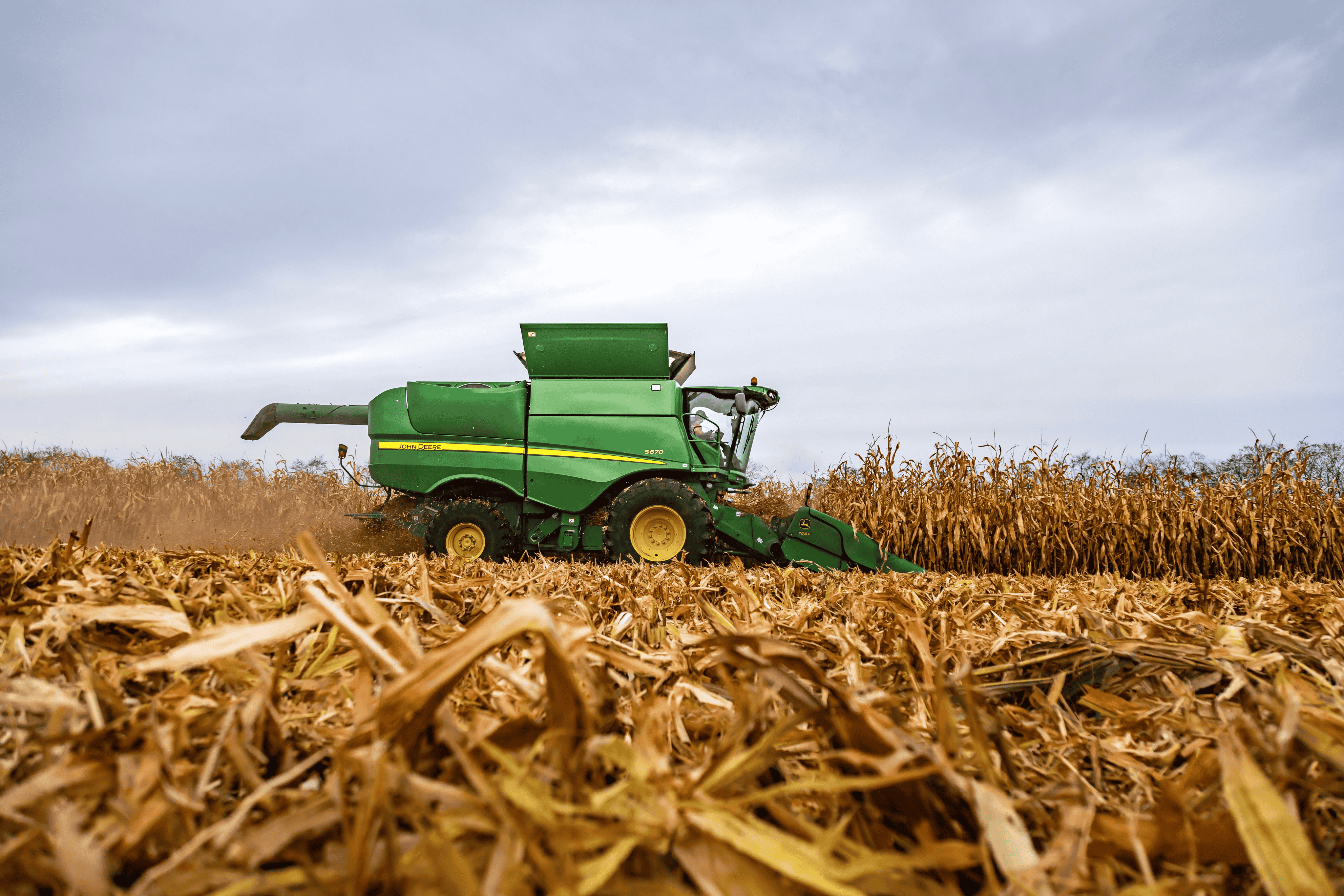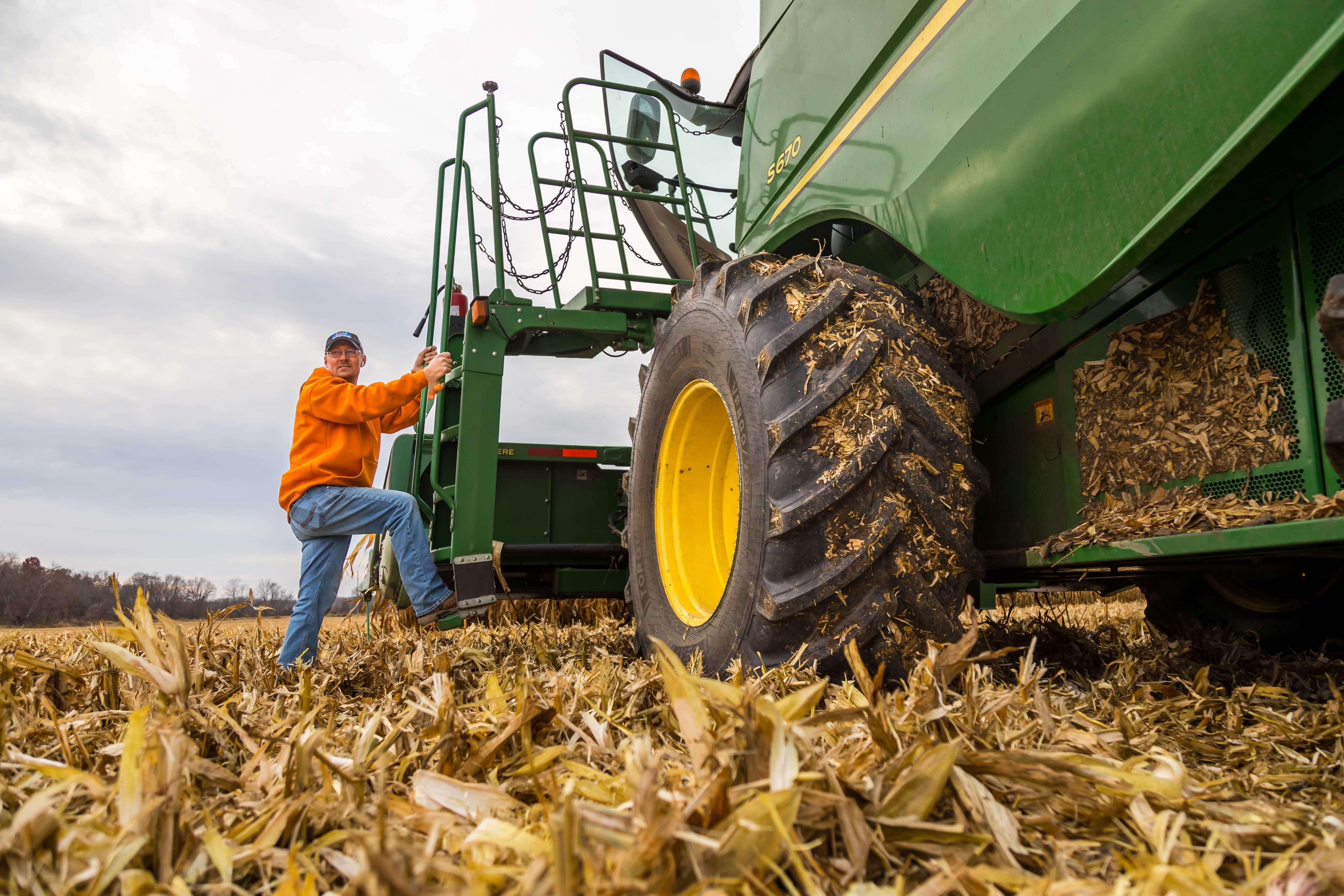ceat-speciality:blogs-tags/all,ceat-speciality:blogs-tags/tire-advice
Tough Fields Need Tougher Tires: Meet CEAT’s Farm-Ready Lineup
Mon, 2 Jun 2025 | PRODUCTS
If you’ve ever walked across a cornfield in late fall or early spring, when last season’s stalks are still sharp and stubborn, you know those leftovers aren’t just rough on your boots – they are brutal on your equipment too. Whether it’s jagged stubble, frozen stalks, or hidden debris, Ag tires take a serious beating in Canadian fields.
Stubble damage to farm tires is a significant and growing problem in modern agriculture, particularly with the rise of genetically modified (GM) crops that produce tougher, more resilient stalks—especially in corn, soybeans, and wheat.
Modern crop genetics and conservation tillage practices leave behind strong stubble—particularly corn stubble—that can puncture, cut, or weaken tires. Corn stalks act like spears due to their lignin-rich, woody composition. The tips of broken stalks are sharp and rigid, acting like natural knives.
Stubble damage can lead to sidewall punctures, tread chunking or splitting, premature wear and tire failure. Unexpected tire failures during busy seasons (like harvest or planting) can lead to costly delays and lost yield potential.
That’s where CEAT Ag tires, like the TORQUEMAX, come in. With a tough carcass and sturdy sidewall construction featuring special rubber compounds, the TORQUEMAX, which is available in IF and VF versions, excels in does absorbing impacts and resisting punctures. Other features include:
- Tilted lug tip for reduced vibration and noise.
- Higher angle and lug overlap at the center for improved roadability.
- Lower angle at the shoulder for superior traction.
- Rounded shoulders for less damage to soil and crops.
- Wider tread and larger inner volume for reduced soil compaction.
- R1-W tread depth for extended tire longevity.
CEAT Specialty is so confident in its stubble resistant tires that it offers a three-year field hazard warranty, providing tremendous peace of mind to the company’s farmer customers.
Surveys and tire dealer reports indicate that stubble damage is one of the top reasons for early tire failure in row-crop regions. When conditions get rough, CEAT Specialty tires are the answer -- with toughness, traction and a whole lot of staying power.











































